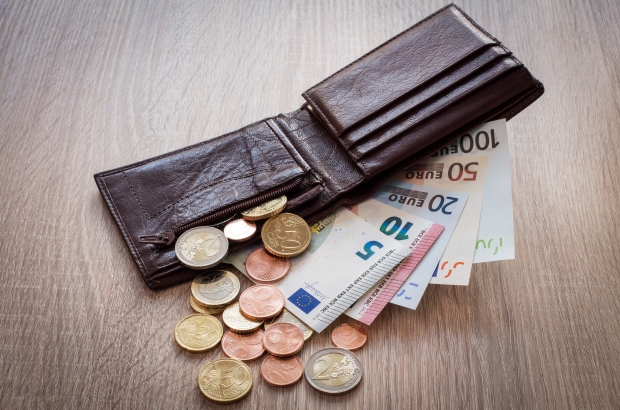- Daily & Weekly newsletters
- Buy & download The Bulletin
- Comment on our articles
Federal government announces budget agreement and €7.2bn tax shift
After long hours of talks and an all-nighter from Wednesday to Thursday, the federal government has finally agreed its budget for 2016, and a tax shift worth €7.2 billion has been created, prime minister Charles Michel said, to fulfil three objectives: “Jobs, jobs, jobs.”
The tax shift is intended to reduce those taxes that negatively affect Belgium’s competitive position and purchasing power, and substitute other forms of taxation. According to the government, the changes will put an extra €100 a month in the pocket of the average family.
“This is a strong choice, a courageous choice,” Michel said. “€7.2 billion of oxygen for purchasing power, for businesses, for job creation and for the financing of our social security.” For anyone earning less than €3,200 a month gross, take-home pay will go up by €100 a month – a method, said minister Alexander De Croo, of making it more attractive to work than to live on benefits.
The main effect to be felt by families in the short term will be the increase in VAT on electricity, from 6% to 21% beginning next month, which according to Test-Aankoop will mean an additional €256 on a family’s annual energy bill. There is a new “health tax” on soft drinks containing too much sugar, including energy drinks and alcopops. Excise duties on diesel, tobacco and alcohol go up – an extra one cent on a glass of beer, 10 cents on a bottle of wine and at least €2 on a bottle of spirits, health minister Maggie De Block explained.
The much-discussed tax on wealth remains missing, but there is an increased levy on all forms of investment except the simple savings account, from 25% to 27%. There is also a new speculation tax on anyone who buys shares and sells them again within six months. The Cayman tax on Belgians who put money into offshore constructions will be enforced, bringing in an estimated €460 million.
The total package involves a shift of €7.2 billion in income from one source to another. Companies are also supposed to reap the benefits. The employers’ share of social security contributions goes down from 33% to 25%. Small and medium-sized enterprises receive a boost of subsidies worth €430 million.
Flemish minister-president Geert Bourgeois said he was “satisfied” with the measures announced by his federal colleagues. The reduction of the salary cost handicap, the support for SMEs and for high-tech companies were all measures that would benefit Flemish welfare, he said.
Photo by Ingimage


















